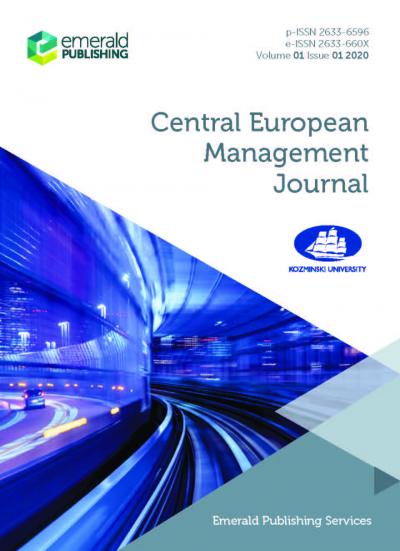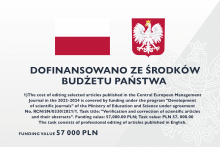Purpose: This research aimed to identify the prevalence and particular characteristics of export-driven growth as opposed to those of the domestic market. It examined how the relative dynamics of export sales vs. domestic sales were affected by internationalization intensity (FSTS), age of the fi rm, early internationalization, size of the firm and industry technological level. Similarly, it examined the impact of sales growth and its direction
(domestic vs. export-driven) on company performance.
Methodology: The analysis was based on panel data from approximately 300 manufacturing firms in the Mazovia region of Poland that were engaged in sustained export operations during 2003 to 2010. Several hypotheses were tested regarding factors affecting the growth dynamics of regular exporters as well as their performance (productivity).
Findings: This research proved that only a small percentage (less than 10%) of fi rms reached the status of regular exporter. Although regular exporters engaged in international operations shortly after their foundation, they formed a distinct category of early internationalizing fi rms. For the management of young, ambitious ventures, achieving regularity in their initial export operations represented a major challenge.
Implications: Regularity of international sales is crucial for export performance, both at the enterprise and country levels. This implies that export promotion efforts should concentrate on growh-oriented firms, specifically to assist them in reaching regular exporter status shortly after initiating sales outside the domestic market.
Originality: The analysis of the internationalization process was expanded by adding the regularity dimension, which has been rarely addressed in the extant literature.





